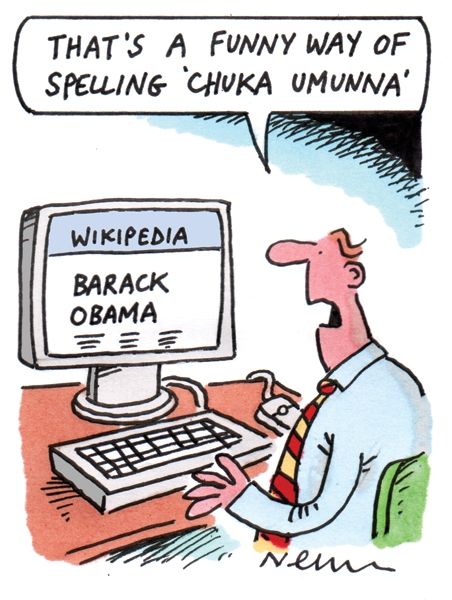
- While cinemagoers enjoy the Tina Fey romcom Admission - set at Princeton University - a real-life admissions furore has been unfolding in the US press. Writing in the Wall Street Journal on 5 April, Suzy Lee Weiss hit out at the Ivy League universities that rejected her, saying she felt she had been a victim of not being “diverse” enough. The Pittsburgh teenager had scored an excellent 4.5 grade point average but argued that her white skin, heterosexual parents and dearth of charitable hobbies counted against her in the application process. “Had I known two years ago what I know now, I would have gladly worn a headdress to school,” Ms Weiss wrote in an open letter to Princeton, Yale, Vanderbilt and the University of Pennsylvania. Failing to go “collecting donations for the underprivileged chimpanzees of the Congo” also counted against her, while her personal statement’s lack of fake sentiment did not help, she added. Some readers responded by accusing her of being “entitled”, “whiny” and just plain racist.
- Are research journals institutionally sexist? Many academics have suspected so for years, but a study by Ohio State University has reignited the debate. Nearly 250 graduate students were shown abstracts from a selection of papers and asked to judge their quality, The Times reported on 5 April. The names of the authors were randomly allocated, but those papers with male names attached to them were rated more highly by both sexes, the newspaper said. The experiment demonstrated the damaging effect of sexism on a woman’s career, said the study’s co-author Silvia Knobloch- Westerwick. “In grant proposals, promotion and tenure reviews, hiring decisions and so on, a scholar’s sex will be a relevant factor in how she or he is evaluated,” she said.
- Rising Labour star Chuka Umunna - business secretary Vince Cable’s opposite number and the person in charge of formulating the party’s university policy - has been accused of allowing his staff to alter his Wikipedia page to compare him to Barack Obama. The row centres on the identity of the user “Socialdemocrat”, who created his page in 2007 and updated it with links to flattering stories, including one comparing Umunna to the US president. Conservative MP Andrew Bridgen told the Daily Telegraph on 8 April that it was “embarrassing hypocrisy” as the MP for Streatham had said he does not encourage the comparison. Umunna said he did not update his page, but that his staff sometimes did so to correct it after it had been “vandalised by racists and people of that type”.
- As the country debated Baroness Thatcher’s legacy at length, the news quietly slipped out that London Metropolitan University could again recruit international students - although maybe not as many as it would hope. The decision, announced on 9 April, follows the controversial removal of the university’s sponsor licence in August 2012, which vice- chancellor Malcolm Gillies estimated would result in an annual loss of £30 million. Under a 12-month probation period, the university will be able to recruit just 1,000 students from outside the European Union, despite the Home Office stating “necessary improvements” meant London Met “meets the required standards”. Having blown apart London Met’s finances, caused turmoil for thousands of students and inflicted huge damage to the international reputation of British higher education, some might wonder if it was all worth it. Eyebrows will undoubtedly be raised at the timing of the reinstatement, coming just days after the United Kingdom Border Agency was itself scrapped.
- Toni Pearce has been elected as the next president of the National Union of Students, promising to fight for “a movement where students’ unions are leading from the front and aren’t just an afterthought”. Ms Pearce, formerly president of Cornwall College students’ union, will be the first president not to have been to university. She won by a thumping majority, securing more than half of the valid votes and about 200 more than her nearest rival, Vicki Baars, the current vice-president for union development. Ms Pearce, currently NUS vice-president for further education, has pledged to campaign for a single admissions and applications system for all tertiary institutions and a financial support system that “actually works for students”. She will take over from Liam Burns in July.